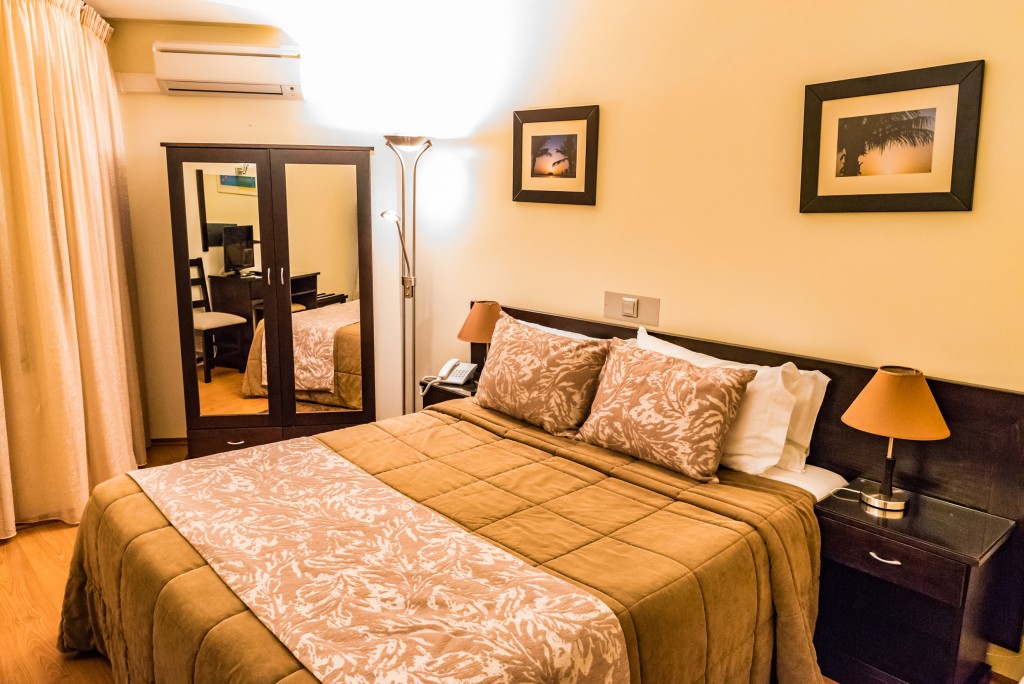In what could be a positive sign of the times, Airbnb reported a glowing earnings report despite being badly hit by the COVID-19 pandemic.
In its third-quarter data, the newly publicly listed accommodations company posted at least $215 million profit. It also generated a revenue of over $1.2 billion. This made the period one of its most successful ever. Stock shares in the market also soared by 35%.
Further, it’s not only the company that seemed to earn well amid the pandemic. So did the Airbnb hosts. Writing for Forbes, Suzanne Rowan Keheller shared that new hosts worldwide who might have joined in 2020 and had only one listing collectively earned over a billion dollars.
Those in California might have generated at least $60 million in revenues, of which $10 million came from Los Angeles renters. Overall, an Airbnb host in the United States could have earned nearly $4,000 in 2020 or twice the stimulus checks.
All these pieces of information point out that Airbnb is still a viable business, especially after post-COVID. The question is, how does one become part of the industry, particularly in California?
Short or Long-term?
In general, Airbnb regulations in California depend on where the property is. They can differ between cities and sometimes even counties. If the home is in a developed community or it is a condominium, the rules of the homeowners’ association can also affect the person’s ability to lease their unit.
However, perhaps the most crucial decision potential Airbnb hosts or investors need to make is whether they want to offer short- or long-term rentals. This is because the rules are not the same for both.
Los Angeles, in particular, is not a huge fan of short-term stays—that is, staying in a leased or booked property for fewer than 30 days.
Based on the law that took effect in 2019, a person who wishes to become an Airbnb host must obtain a city registration number and display it on the listing. Moreover, they can rent only what they consider their primary residence, so an investment property or a second home is not allowed.
The Airbnb host needs to pay $89 for the registration, which they need to renew annually. They also have to accomplish many requirements, including a copy of the pay stub or paycheck issued over the last half-year.
A person renting a property or an apartment may offer their unit as long as they have approval from their landlord. Moreover, a host may have multiple listings within the same property. It happens when a residence, for example, has several rooms for occupancy. But they can accept only one booking at a time.
One may also open their unit for booking for over 120 nights each year, but they need to apply for an extended home-sharing permit for that on top of the standard registration. This one is pricier at $850.

How to Avoid Registering the Unit
Those who want to maximize their possible earnings with Airbnb can consider offering long-term stays instead. That’s allowing renters to stay for at least 30 days. Doing this will exempt the host from registering their listing to the city.
Another option is to apply for apartment building loans in California and convert the property into a more traditional type of accommodation. These can include a bed and breakfast, a motel, or a hotel. A host need not apply for a city registration for home-sharing, but they need to get an exemption from Airbnb, which doesn’t cost anything.
Taxes Associated with Airbnb Rentals
The kinds and amounts of taxes that a host pays or Airbnb collects depend on the location. Amador County, for example, charges 10% transient occupation tax based on the listing price regardless of whether the property offers a short- or long-term stay.
Airbnb hosts in Los Angeles can levy 14% of the listing price as transient occupancy tax. Also, they can charge an administrative fee of $3.10 for every night the guest stays for both long- and short-term arrangements.
Meanwhile, Malibu has one of the highest transient occupancy taxes at 15%. However, it doesn’t levy any more fees. Meanwhile, hosts operating in Morgan Hill can add 1.5% of the listing price to cover the tourism business improvement district assessment, besides 11% of the listing price for transient occupancy tax.
California’s Airbnb rules have often been described as broad. As the state learns more about the industry, though, the existing laws may change. Hosts, therefore, may want to coordinate with their local development council or office to determine the exact requirements and limitations in operating an Airbnb.

